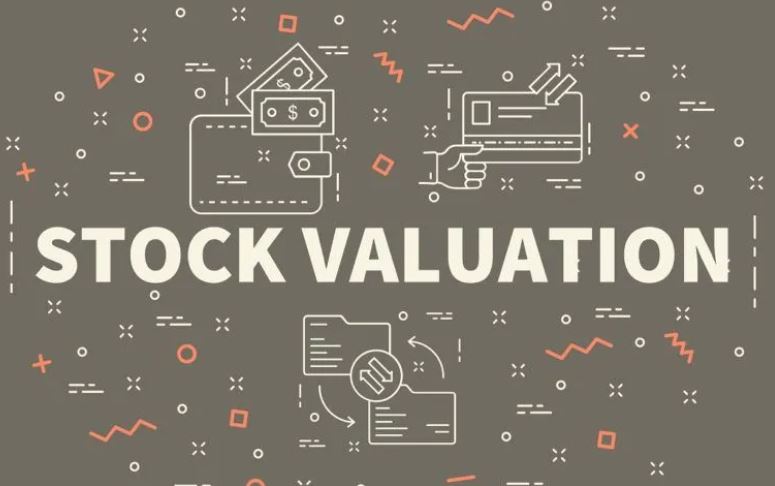Intrinsic value is a crucial concept for investors looking to evaluate stocks based on their true worth, rather than the current market price. In this guide, we’ll explain what intrinsic value is, how it differs from market value, and why it’s essential for long-term investing.
What Is Intrinsic Value?
Intrinsic value represents the actual, fundamental worth of a stock, determined through financial analysis of a company’s earnings, cash flow, and future potential. Unlike market value, which reflects the stock’s current price influenced by demand and short-term market factors, intrinsic value looks at the business’s true health and growth prospects.
This concept is key in value investing, where investors seek stocks that are undervalued by the market but have strong financials, indicating a higher intrinsic worth.

Intrinsic Value vs. Market Value
The distinction between intrinsic and market value is crucial:
Market Value: The price at which a stock currently trades. It fluctuates based on investor sentiment, supply and demand, and external factors like news.
Intrinsic Value: The stock’s actual worth, calculated through an analysis of its financial fundamentals and future growth potential.
Why Intrinsic Value Matters
Intrinsic value helps investors identify stocks that may be undervalued, allowing for potential gains as the market corrects itself over time. By focusing on a company’s long-term financial health, intrinsic value provides a more stable approach to investing, reducing the risks of following short-term trends or hype.
Factors Affecting Intrinsic Value
To calculate intrinsic value, investors consider:
Earnings and Profitability: Strong, growing earnings typically boost a company’s intrinsic value.
Cash Flow: Free cash flow, which represents money left after expenses, is key to a company’s long-term stability.
Future Growth: Predicting growth based on industry trends and company potential is crucial to estimating future value.
Discount Rate: This represents the expected return on investment, adjusting future earnings or cash flows to their present value.
Risk Assessment: Companies in volatile sectors may have lower intrinsic value due to higher uncertainty.
Methods to Calculate Intrinsic Value
Discounted Cash Flow (DCF) Method
DCF is a widely used method to estimate intrinsic value. It calculates future cash flows and discounts them to the present value using a chosen discount rate. The formula is:
Intrinsic Value = ∑ (Future Cash Flow) / (1 + Discount Rate)^Years
Price-to-Earnings (P/E) Ratio
A simpler method is the P/E ratio, which compares the stock price to its earnings per share (EPS). The formula is:
Intrinsic Value = P/E Ratio × EPS
This method offers a quick evaluation but doesn’t provide as detailed an analysis as DCF.
Why Intrinsic Value Benefits Long-Term Investors
For those investing with a long-term strategy, intrinsic value is vital. It enables you to invest in companies whose stock is currently undervalued, providing the potential for significant gains once the market recognizes the stock’s true worth. This approach is less affected by daily price fluctuations and market volatility.

Conclusion
Intrinsic value helps investors evaluate a stock’s true worth by examining the company’s underlying financial strength, rather than relying solely on its market price. Whether through detailed methods like DCF or simpler ratios like P/E, intrinsic value helps investors make informed, long-term decisions. Understanding this concept can provide a solid foundation for building a successful investment portfolio.
FAQs
What is intrinsic value?
Intrinsic value is the true, calculated worth of a stock based on a company’s financial health and future potential.
How does intrinsic value differ from market value?
Market value is the stock’s current trading price, while intrinsic value is its real worth based on fundamentals.
How do you calculate intrinsic value?
Common methods include Discounted Cash Flow (DCF) analysis and the Price-to-Earnings (P/E) ratio.
Does intrinsic value change?
Yes, intrinsic value evolves as a company’s financials and growth prospects change.
Is intrinsic value reliable for investing? While not perfect, it’s a key factor in long-term investment strategies, focusing on a company’s core financials.


